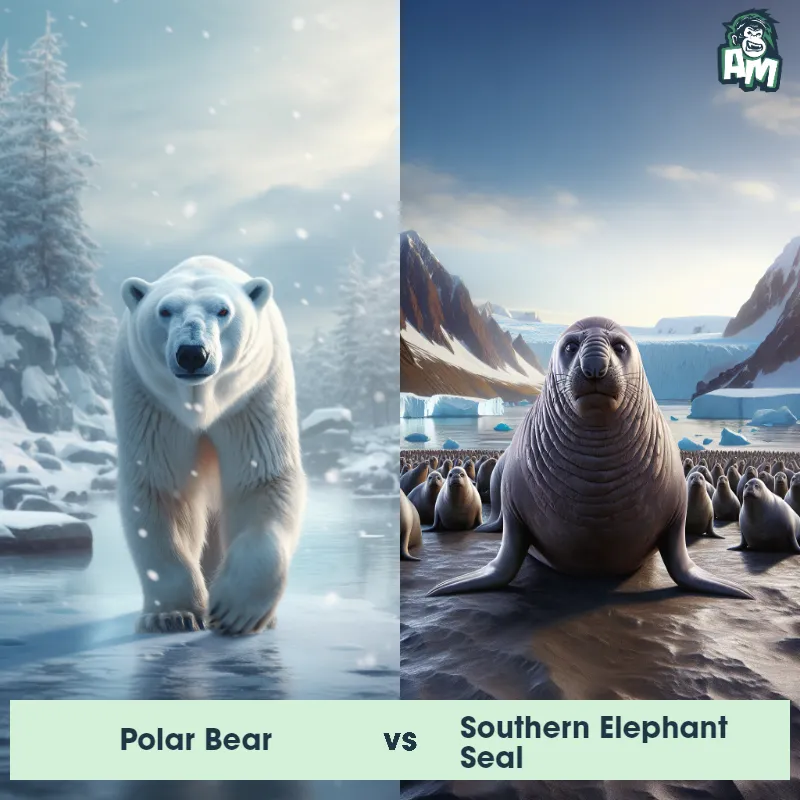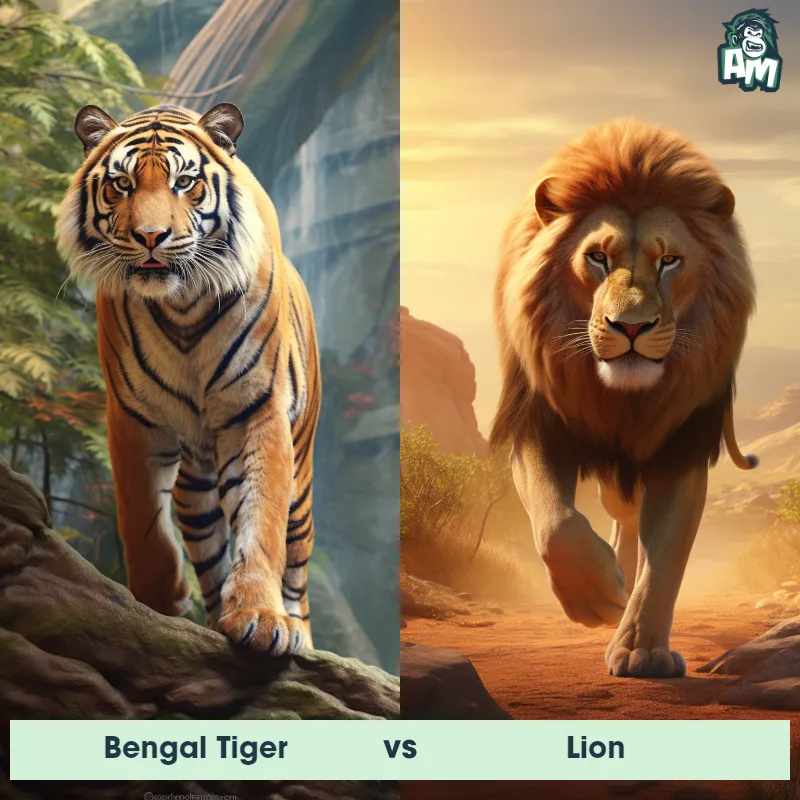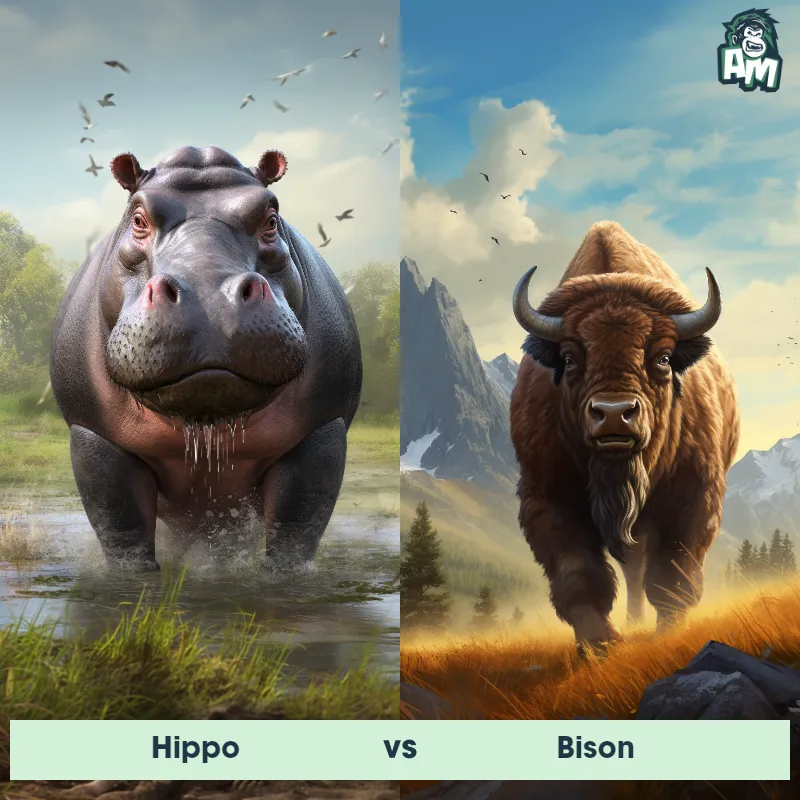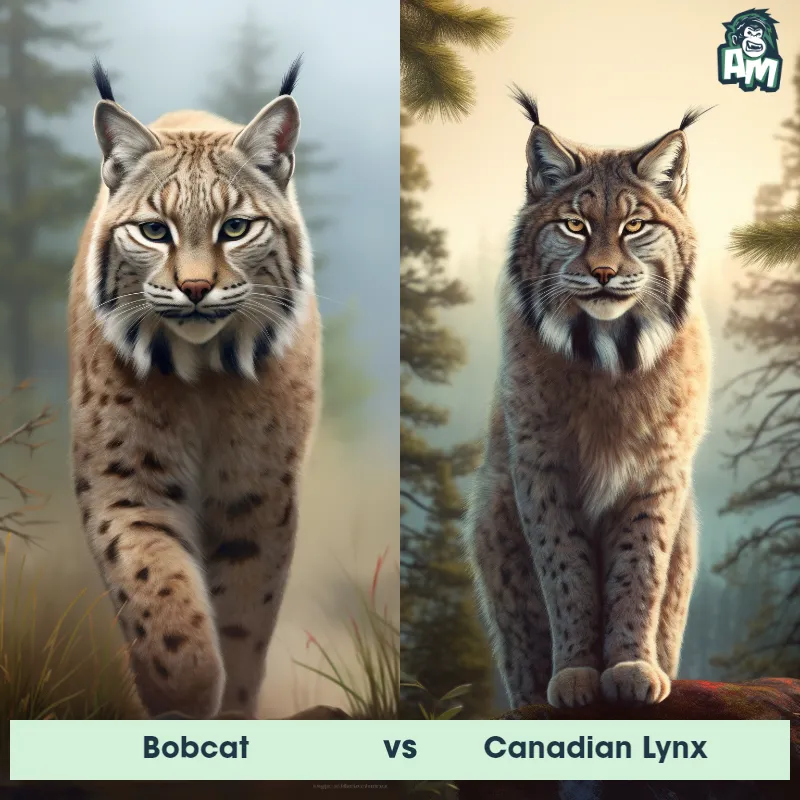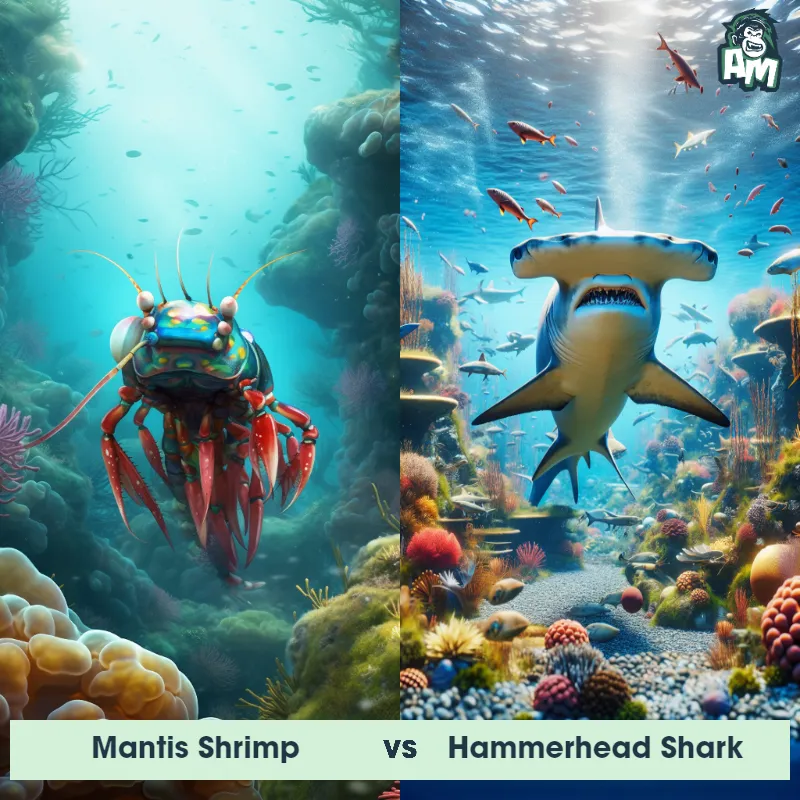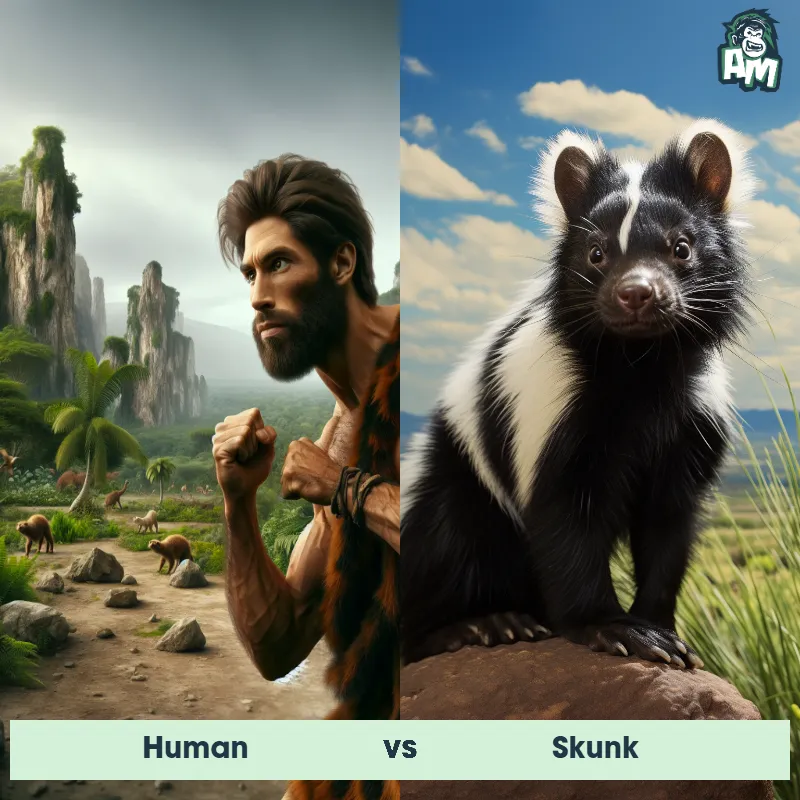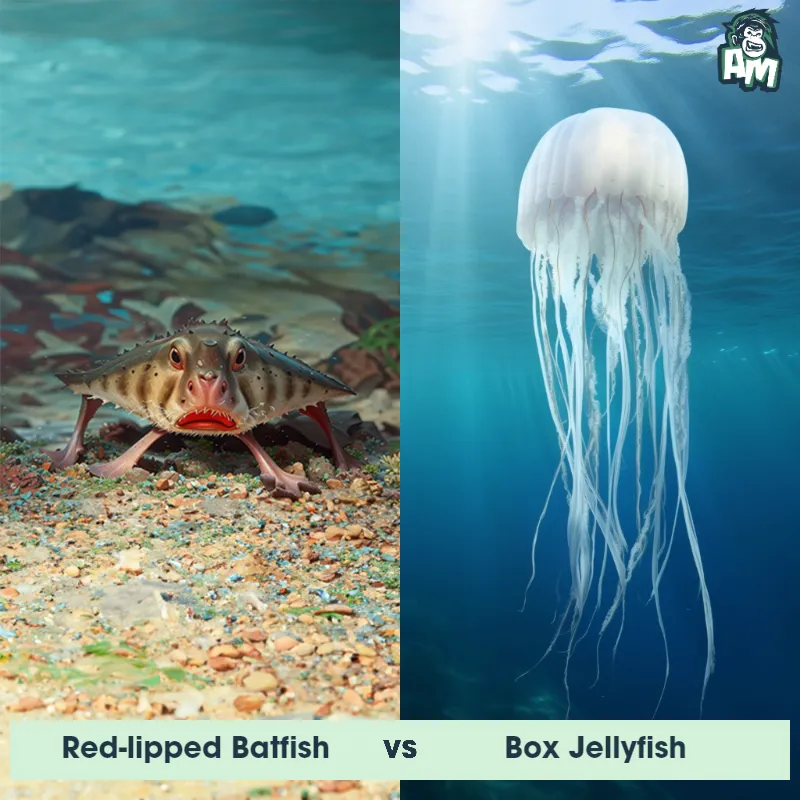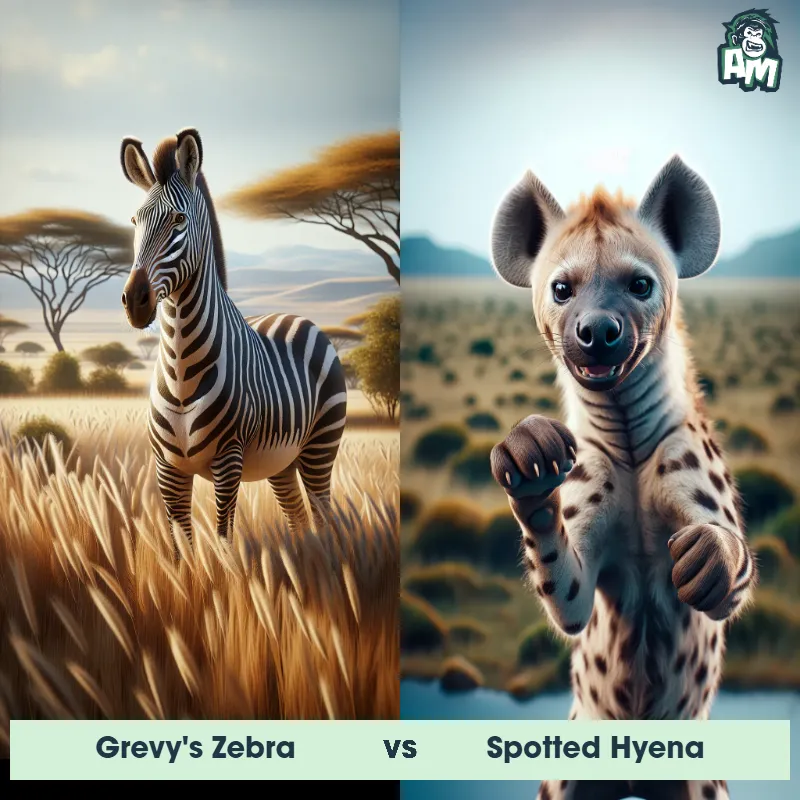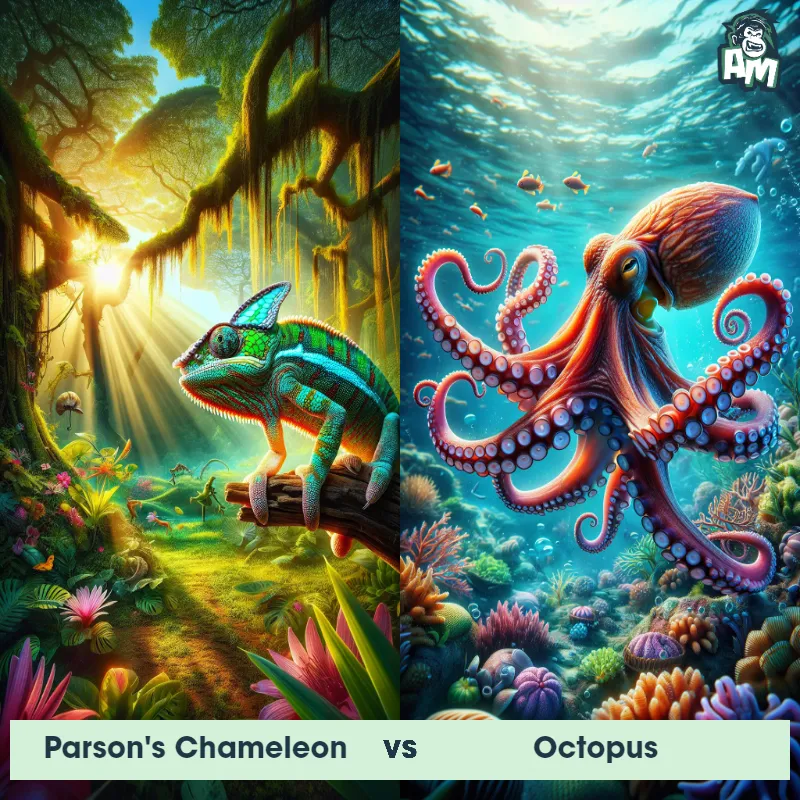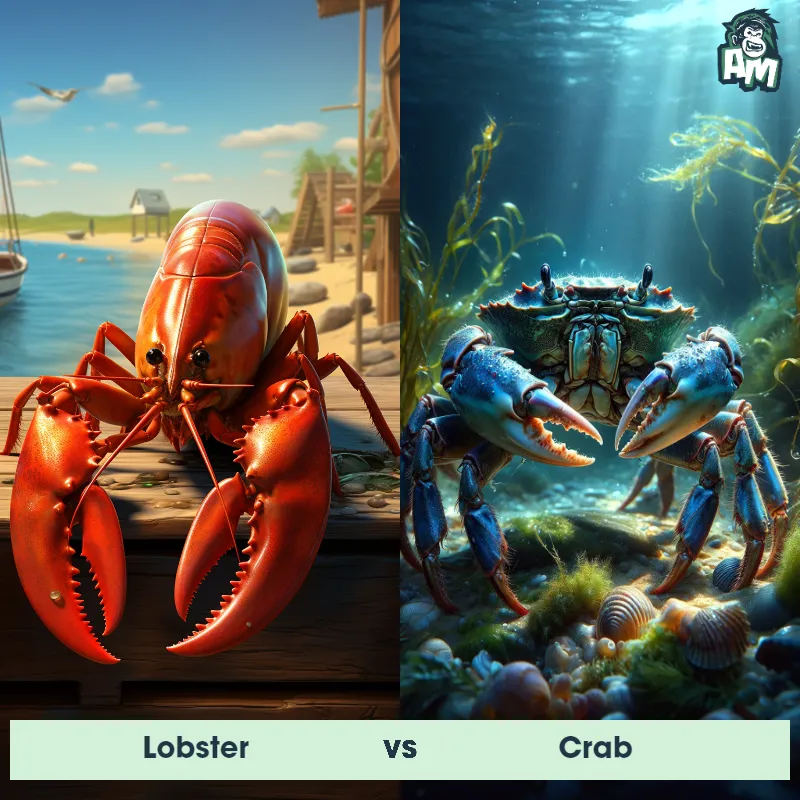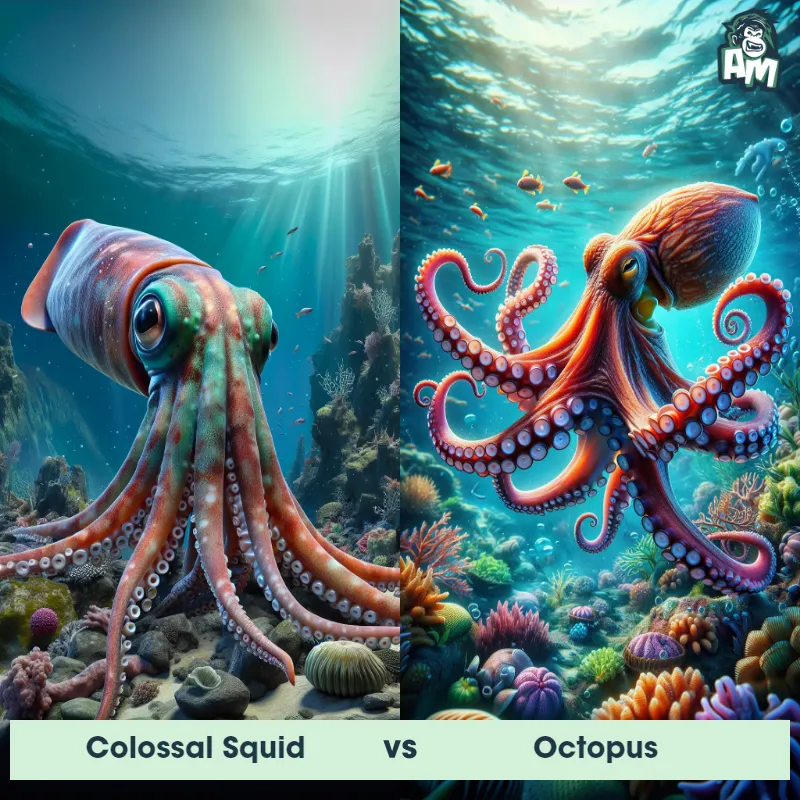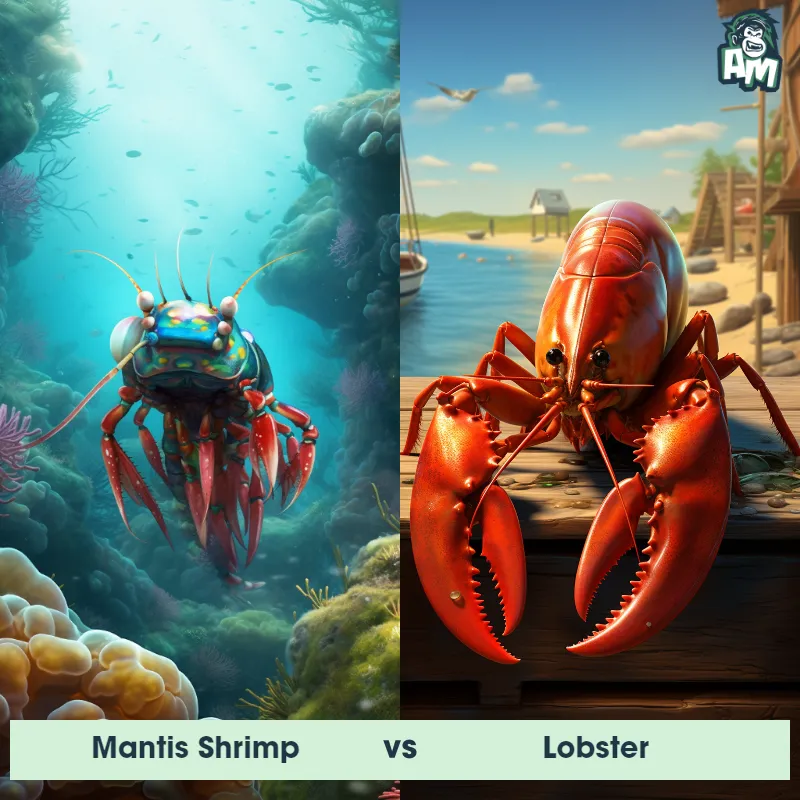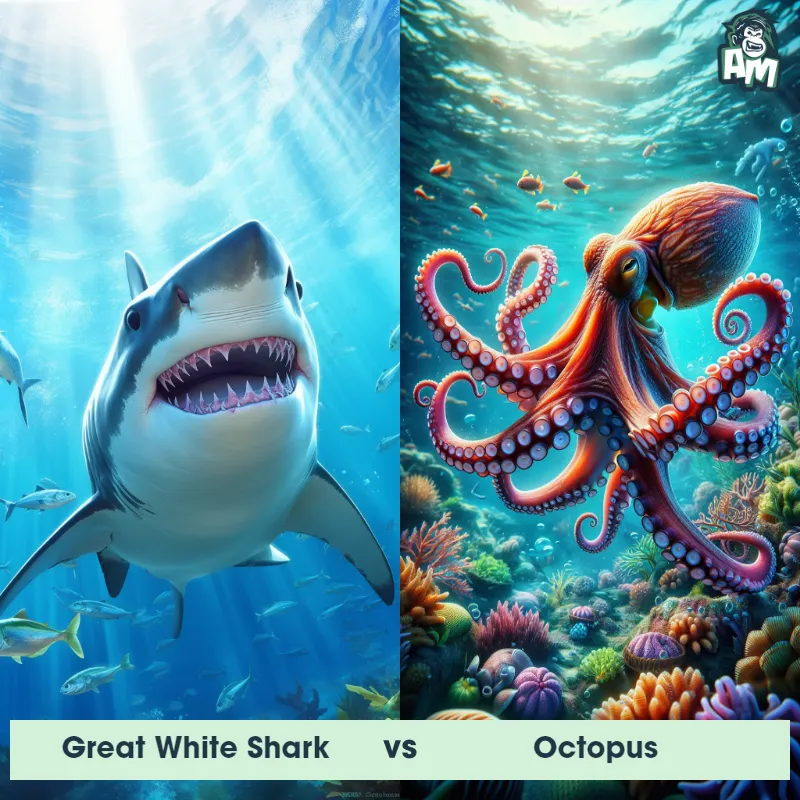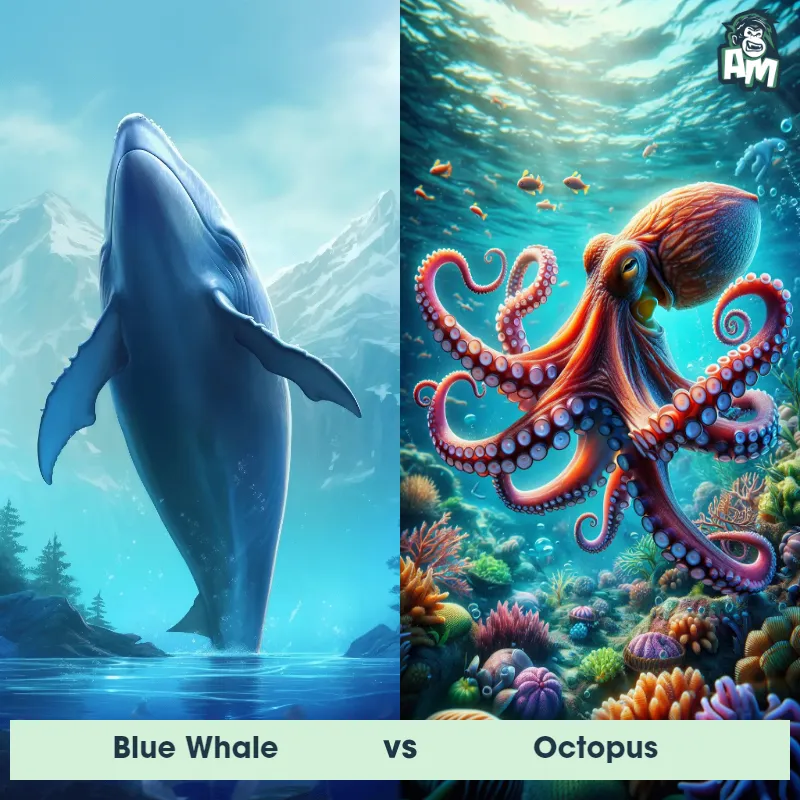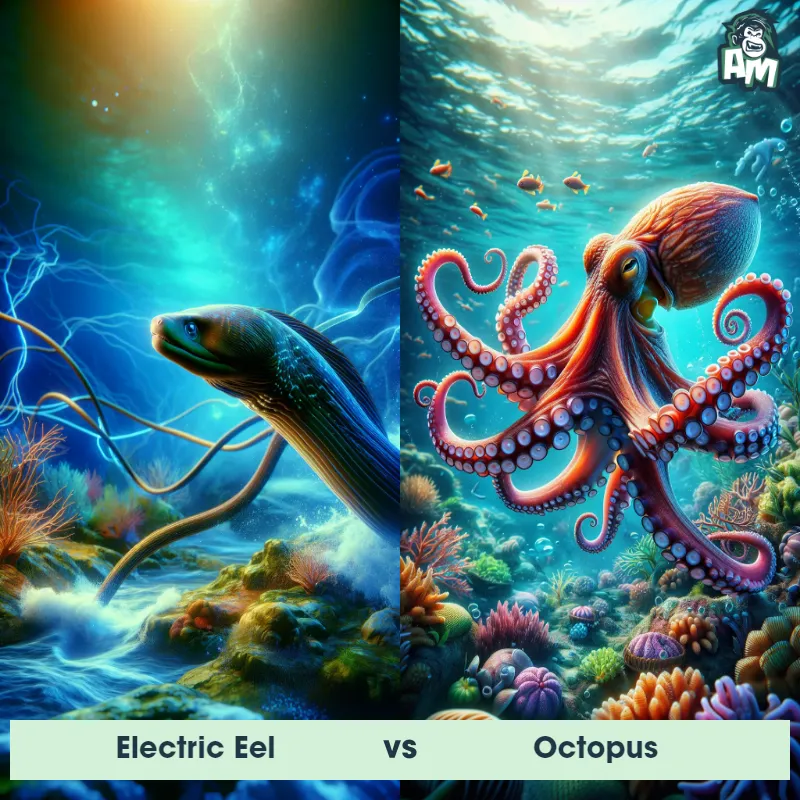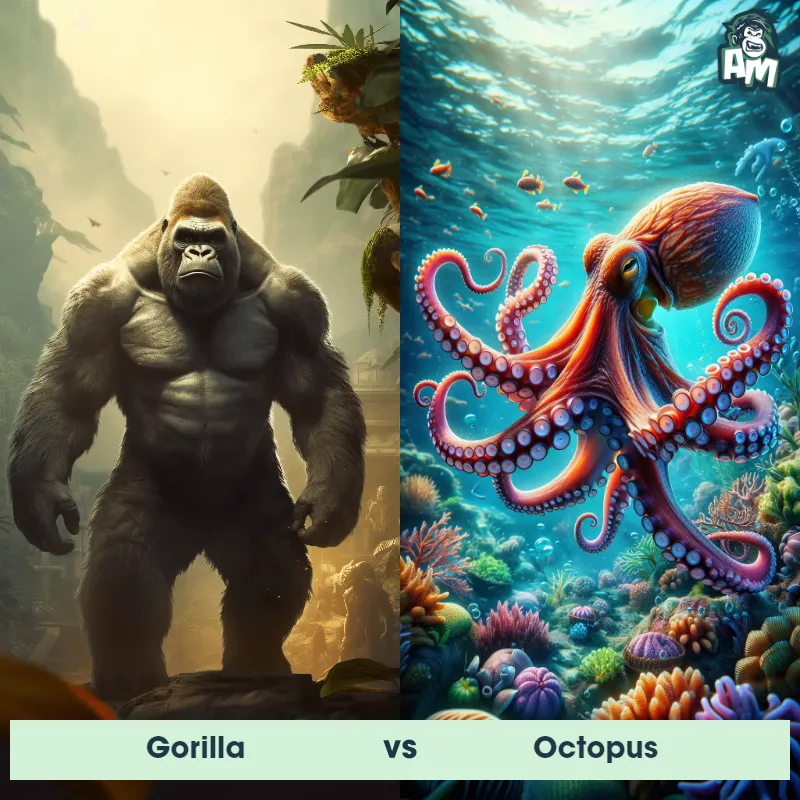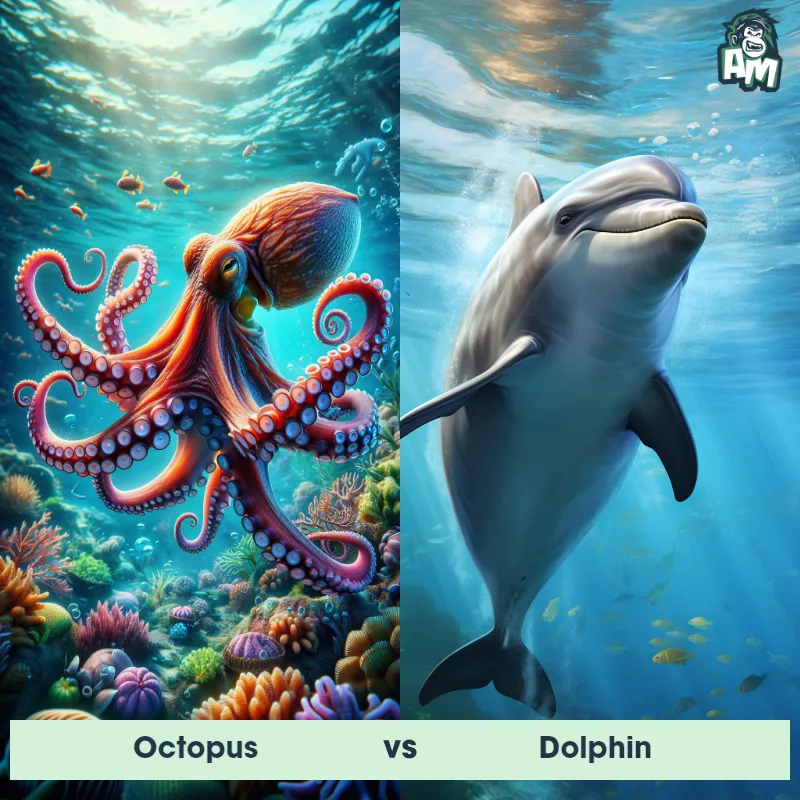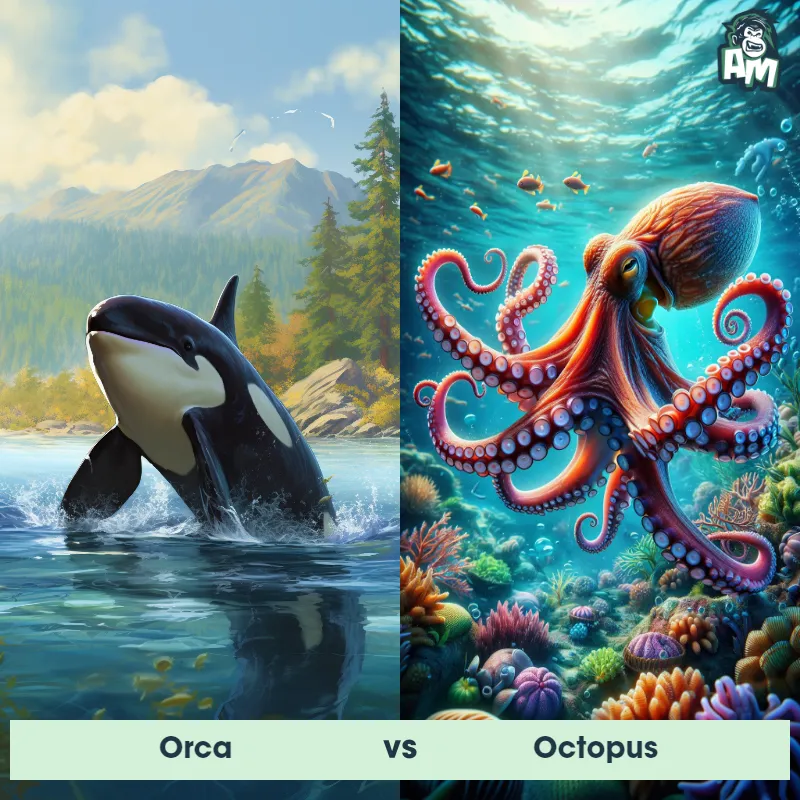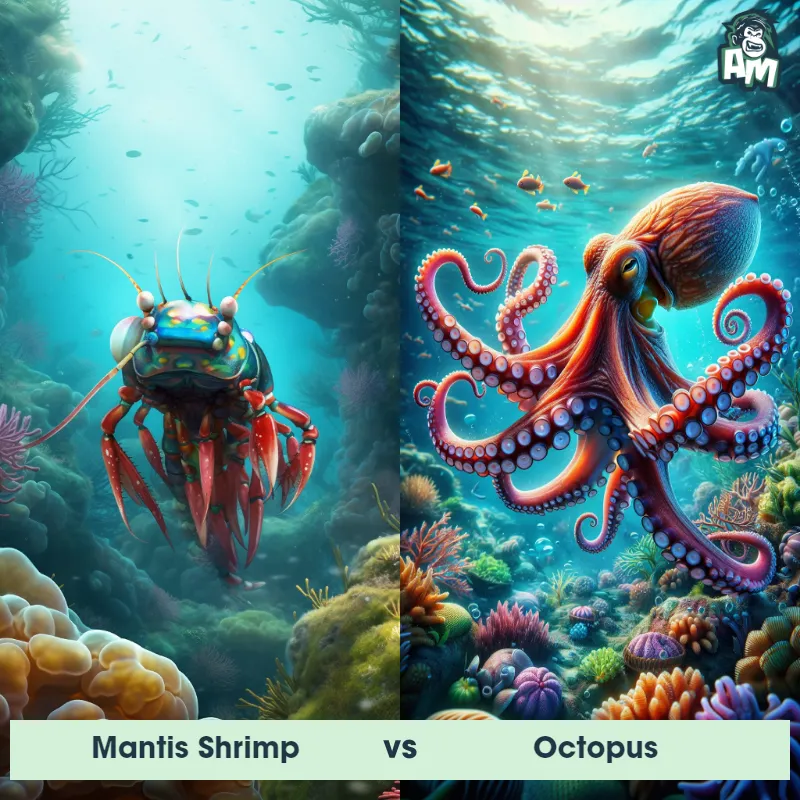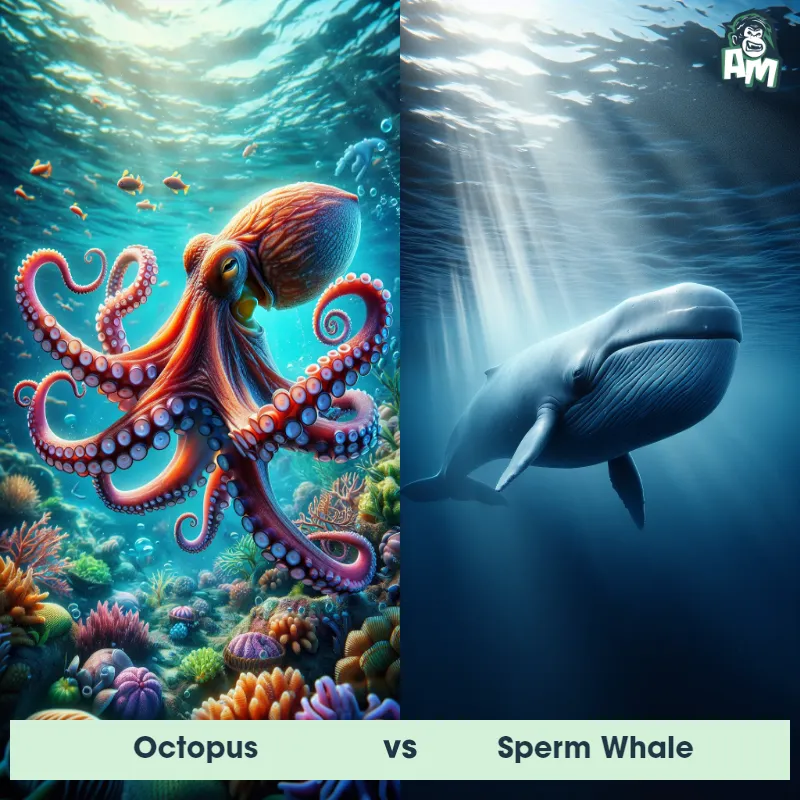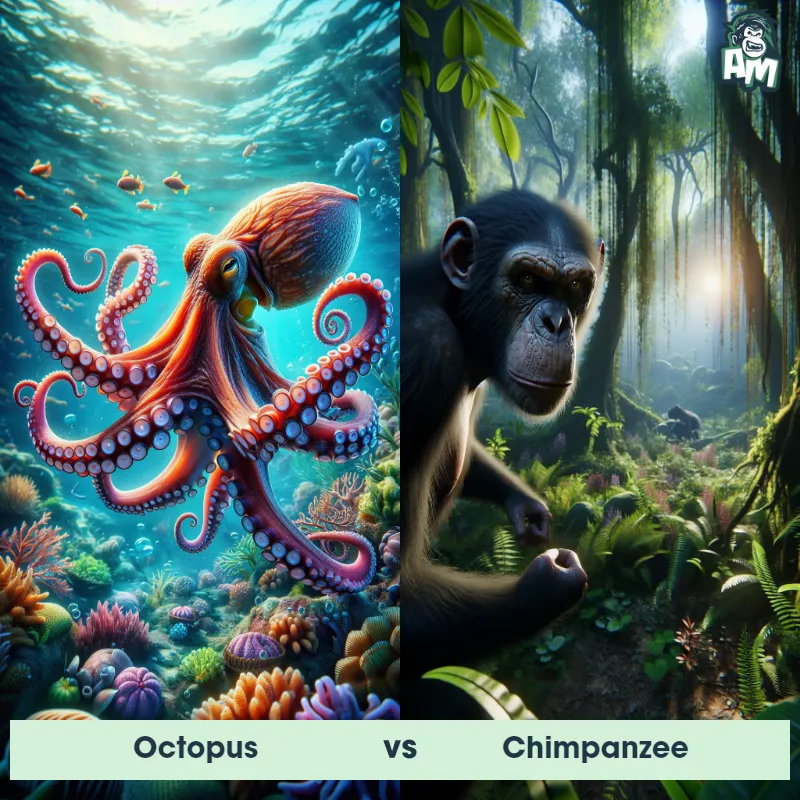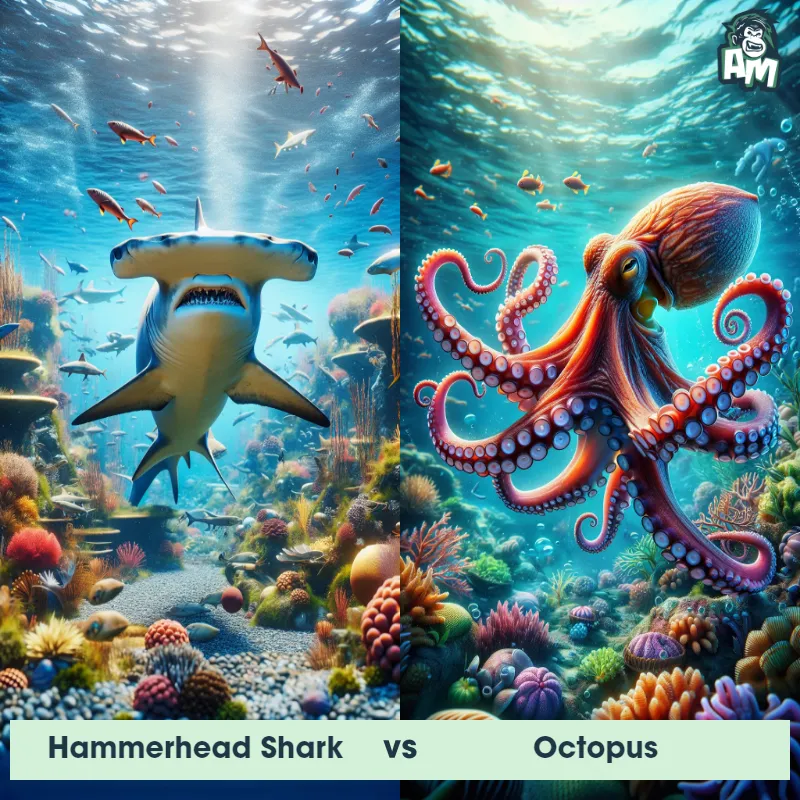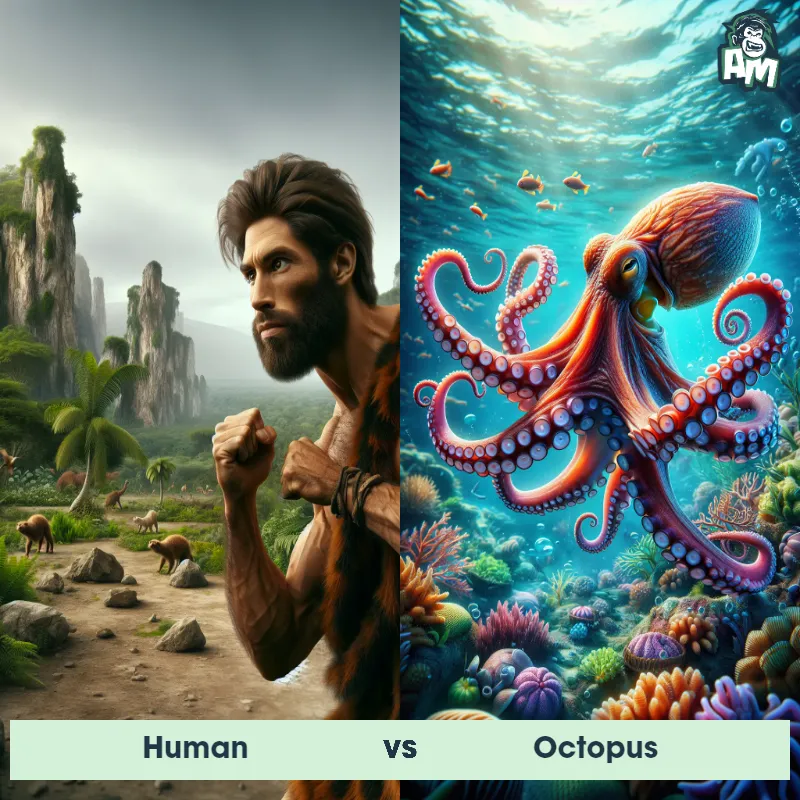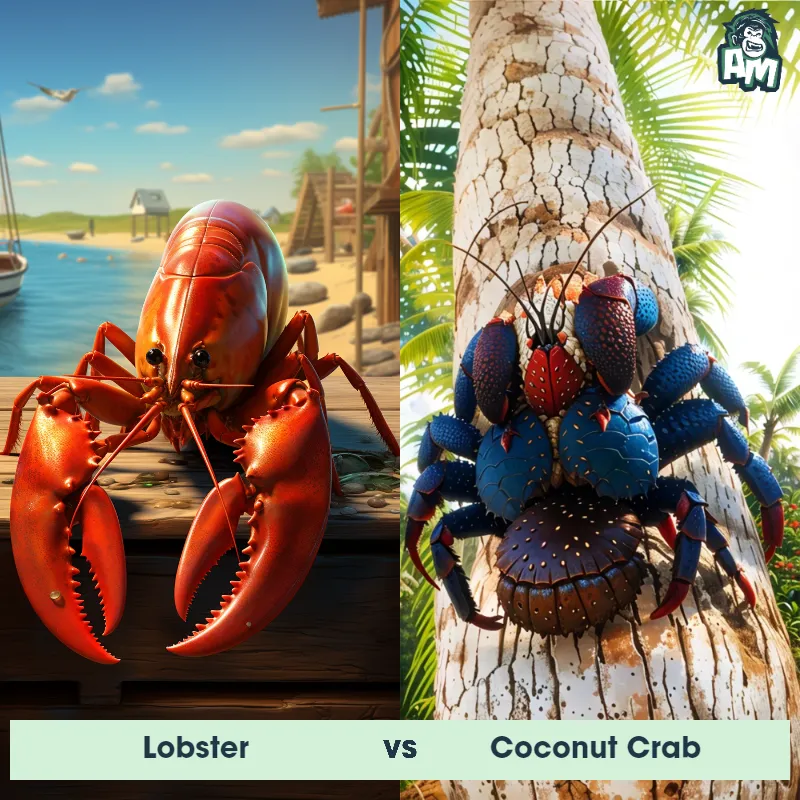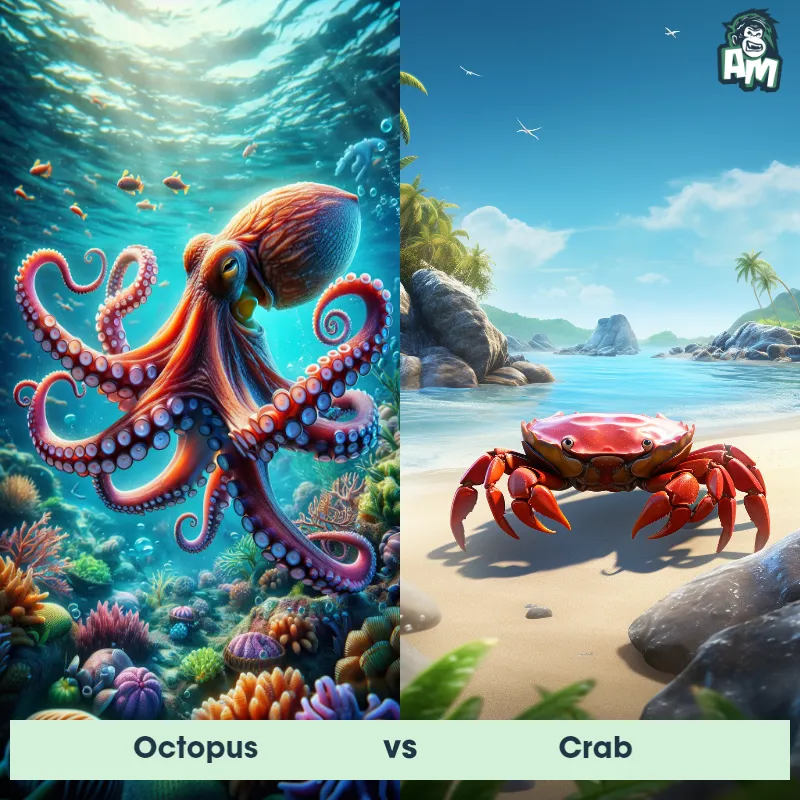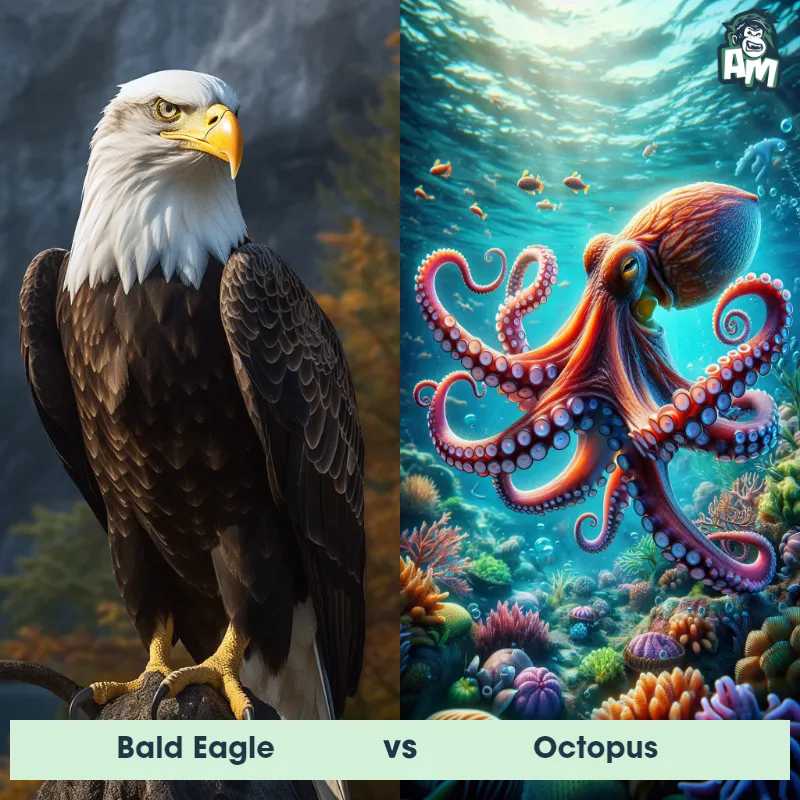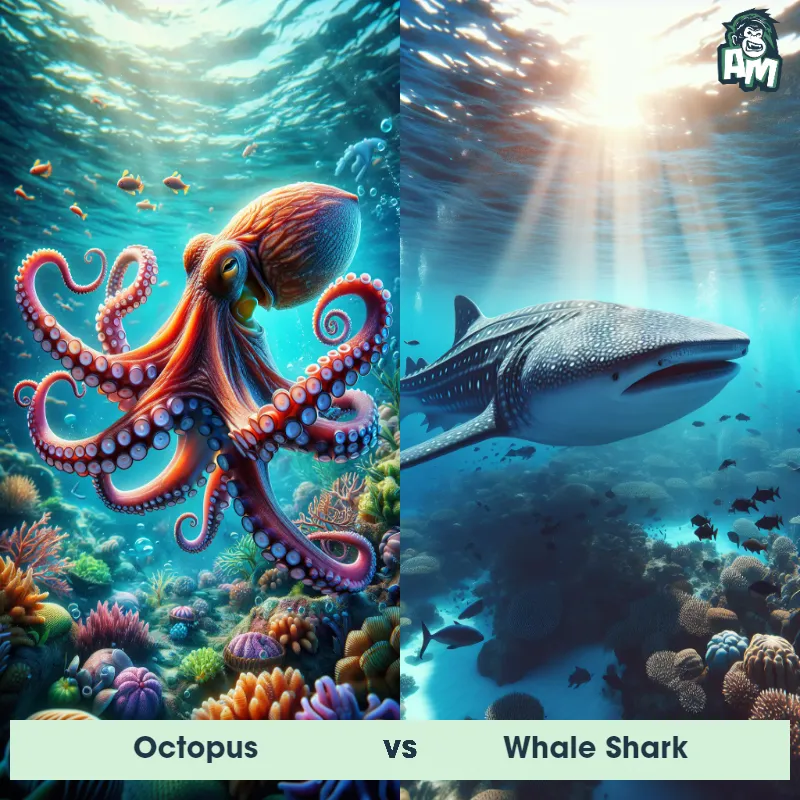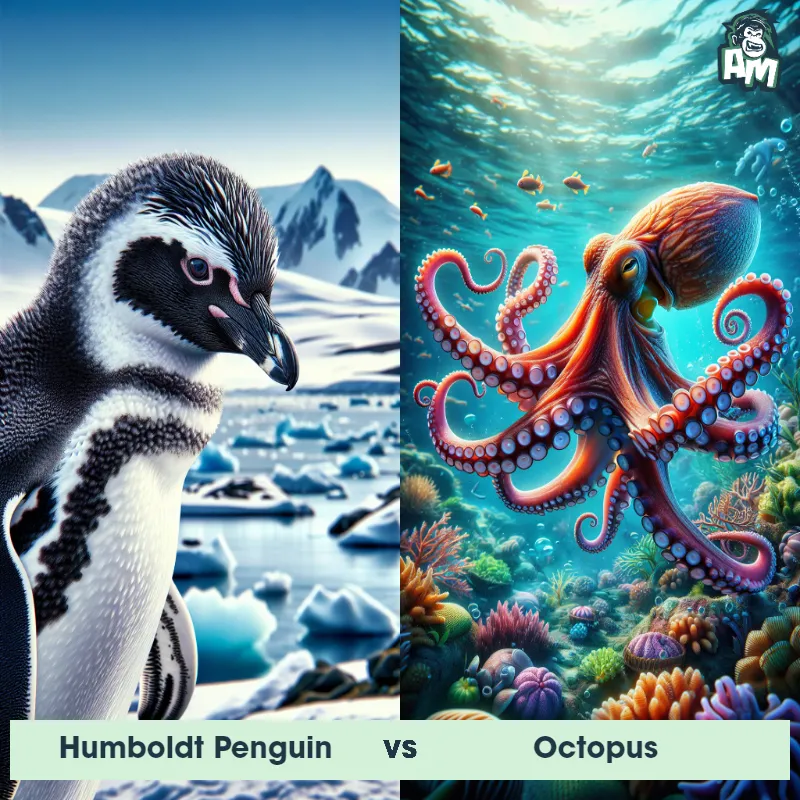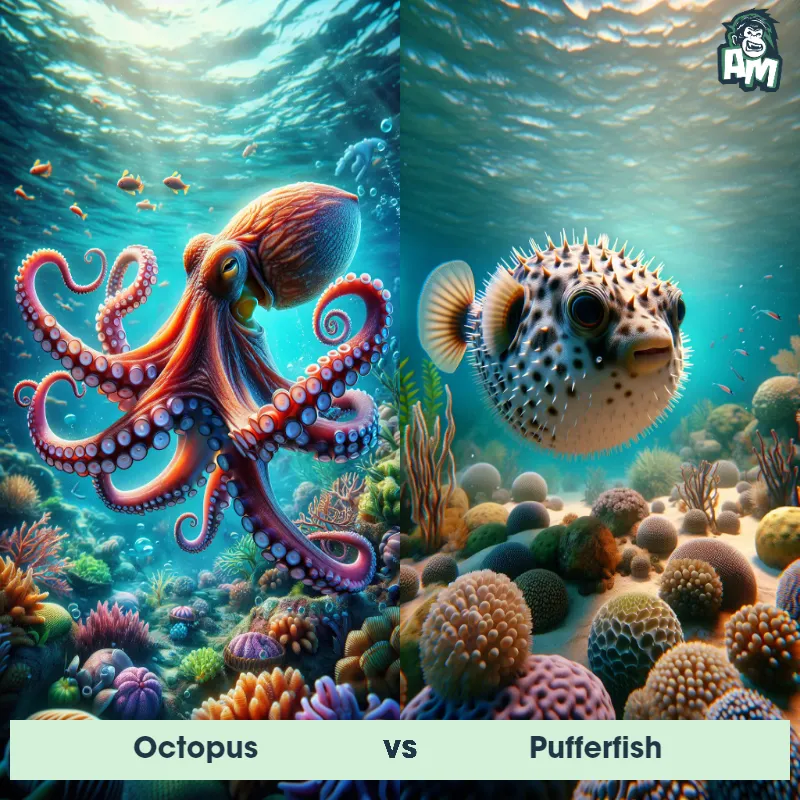Octopus vs LobsterSee Who Wins
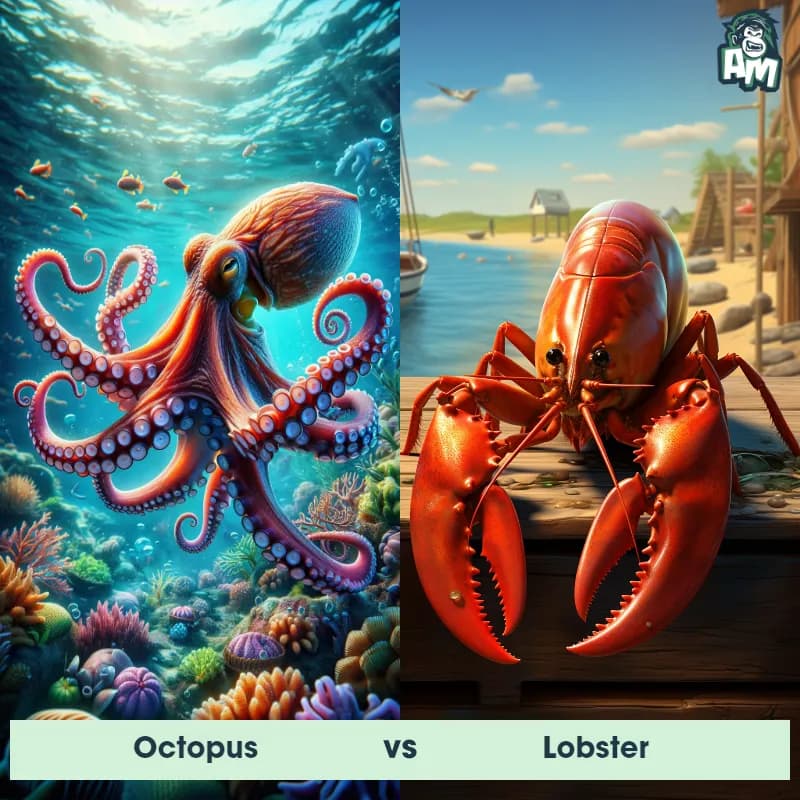
Ladies and gentlemen, welcome to the electrifying showdown here tonight! We have a thrilling match-up between two residents of the deep sea, the mighty octopus and the formidable lobster. Both creatures possess unique strengths and skills that make this encounter one for the books. Let's dive right in, folks!
Contender 1: Octopus
The octopus is a fascinating marine creature known for its rounded body, large eyes, and eight long arms lined with suckers. They belong to the class of mollusks known as cephalopods and are widely regarded as the most intelligent invertebrates. The octopus's skin color and texture can change dramatically, a trait used for both communication and camouflage. Octopuses are carnivorous, feeding mainly on crabs, shrimp, and other small sea creatures.
Fun Fact: Octopuses have three hearts; two pump blood to the gills, while the third pumps it to the rest of the body.
Contender 2: Lobster
The Lobster is a type of marine crustacean known for its strong, segmented body, large claws, and antennae. They have a hard protective exoskeleton and can range in color from blue and green to a reddish-brown, turning bright red when cooked. Lobsters have ten legs, with the front two often being much larger and serving as the primary claws for hunting and defense. They can grow quite large, with some species reaching lengths of over 3 feet and weights of up to 40 pounds.
Fun Fact: Contrary to common belief, lobsters are not immortal, but they do have an impressive lifespan, with some living to be over 100 years old.
Matchup Stats
| Octopus | Lobster | |
|---|---|---|
| Size | Varies by species, from 1 inch (2.5 cm) to 14 feet (4.3 m) in arm span | Up to 3.25 feet (1 meter) |
| Weight | Varies by species, from less than 1 ounce (28 grams) to 600 pounds (272 kilograms) for the largest species, the Giant Pacific Octopus | Up to 44 pounds (20 kilograms) |
| Speed | 25mph (40km/h) | 11mph (18km/h) |
| Key Strength | High intelligence, ability to change skin color and texture for camouflage, and use of ink for defense | Strong, large claws for hunting and defense |
| Biggest Weakness | Soft body with no skeletal structure, making them vulnerable to larger predators | Vulnerable soft body during molting period |
Current Votes
Octopus vs Lobster
See Who Wins
View More Matches
Looking For More?
Similar Matches
Scientific Stats
| Octopus | Lobster | |
|---|---|---|
| Scientific Name | Octopoda | Homarus americanus |
| Family | Octopodidae | Nephropidae |
| Habitat | Marine environments, from shallow coastal waters to deep-sea trenches | Ocean floors, rocky, sandy, or muddy areas |
| Geography | Worldwide, in all oceans | Atlantic Ocean, particularly North America's east coast |
| Diet | Carnivorous, feeding mainly on crabs, shrimp, and other small sea creatures | Fish, mollusks, other crustaceans, worms, and some plant life |
| Lifespan | 1 year - 5 years | 50 years - 100 years |
Key Differences between Octopus and Lobster
- Appendages: Octopuses possess eight long and flexible tentacles, each equipped with suction cups, which they use for manipulating objects and capturing prey. Lobsters have five pairs of jointed walking legs, with the first pair being modified into claws that can be used for defense and catching food.
- Coloration: Octopuses are known for their ability to change color and camouflage themselves, often displaying intricate patterns and textures. Lobsters, on the other hand, have a less versatile coloration, usually ranging from dark blue to greenish-brown.
- Body Shape: Octopuses have a soft, gelatinous body with a bulbous head and tentacles, while lobsters have a hard exoskeleton and a segmented body, consisting of a distinct head, thorax, and abdomen.
- Antennae: Octopuses lack antennae, while lobsters possess two pairs of long, segmented antennae located on their head, which they use for sensory perception and navigation in their environment.
- Eyes: Octopuses have large, complex eyes with excellent vision, resembling those of vertebrates. Lobsters, in contrast, have compound eyes that are less developed and can detect moving objects but have limited visual acuity.
- Size: Octopuses are typically larger and can vary in size from a few centimeters to several meters, while lobsters are generally smaller and range from a few centimeters to around 60 centimeters in length.



